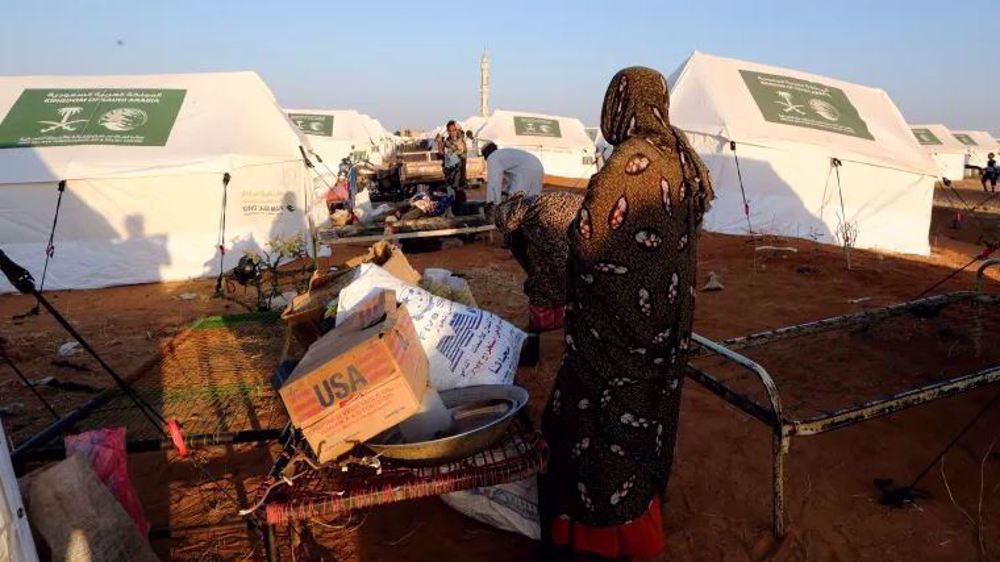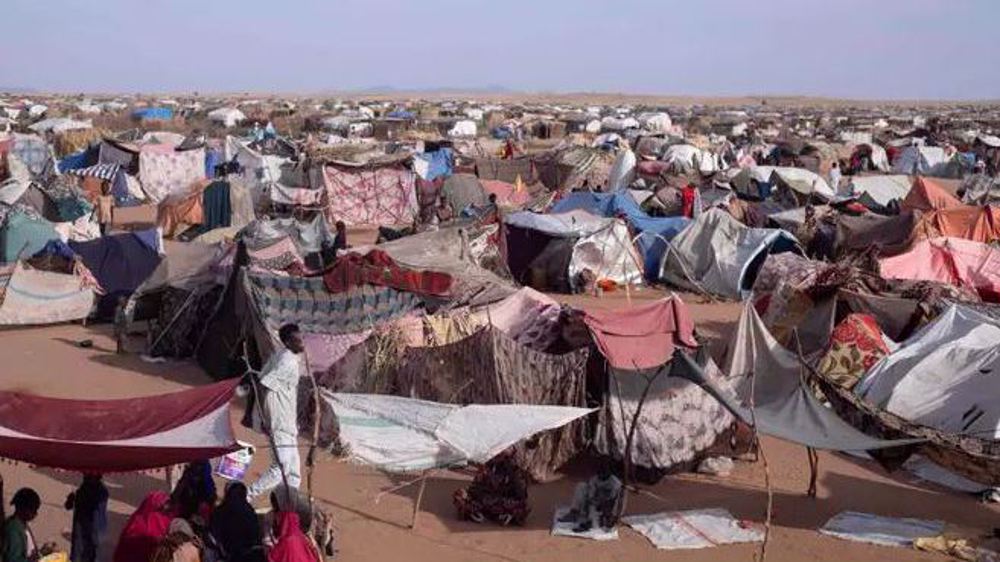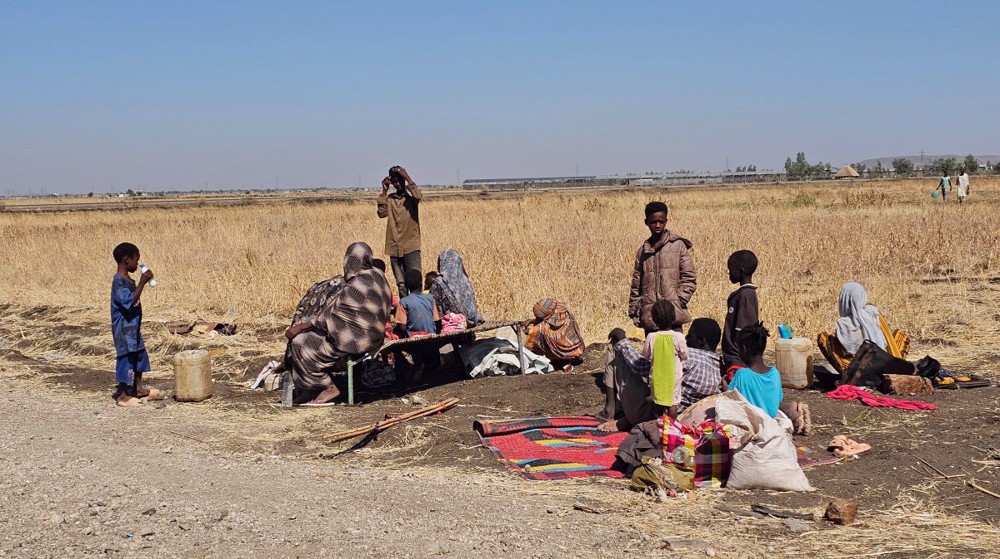UN proposes to dispatch rights monitors to violence-hit Sudan
The United Nations (UN) has expressed “grave” concern about the human rights situation in Sudan following a military crackdown on a protest camp in Khartoum that killed dozens of people.
“We have proposed to the [Sudanese] government that there be a rapid deployment of a UN human rights monitoring team to examine allegations of human rights violations committed since June 3,” said the spokesman for the UN High Commissioner for Human Rights (UNCHR), Rupert Colville, on Friday, referring to the date when the crackdown was launched. “We are seeking the cooperation of the government to be able to deploy this mission.”
The protesters at the camp in Khartoum had been camping out there for weeks to demand a ruling military council hand over power to a civilian government.
The umbrella protest movement Alliance for Freedom and Change says 113 people were killed in the crackdown. The government puts the death toll at 61 people, including three security personnel.
The Sudanese military overthrew 75-year-old president Omar al-Bashir after some four months of widespread protests against him over dire economic conditions and the soaring prices of basic commodities on April 11. Following Bashir’s ouster, the coup leaders established the so-called Transitional Military Council (TMC), presumably to run state affairs in the post-Bashir era. But the generals also moved to consolidate power and faced popular protests themselves.
Protest leaders later began negotiating with the junta in an attempt to work out a peaceful transition. Those talks failed, and then came the crackdown on the sit-in.
Colville, the UN official, urged the Sudanese authorities to lead “a prompt, independent investigation into the use of excessive force against protest camps, including the alleged involvement of the Rapid Support Forces.”
The RSF is led by General Mohamed Hamdan Dagalo, who is the deputy leader of the TMC and currently the second most powerful man in Sudan. The RSF emerged from militias that fought rebels in western Darfur region since 2003. The paramilitary force is accused of atrocities in Darfur, and Bashir is wanted by the International Criminal Court for genocide, war crimes, and crimes against humanity for his alleged role in the conflict there.
Ethiopian mediation
Meanwhile, Ethiopia’s prime minister arrived in Sudan on Friday in an attempt to mediate in the country’s political crisis.
Abiy Ahmed arrived in the country a day after the African Union suspended Sudan’s membership over the military crackdown, backing the opposition’s demand for civilian rule.
“The military and the people and the political forces need to act with bravery and responsibility in taking quick steps to a democratic, reconciliatory transitional period in the country,” he said in a statement.
Abiy was welcomed by Lieutenant General Shams El Din Kabbashi, the spokesman for the TMC. He later held talks with the Alliance for Freedom and Change.
After meeting the Ethiopian prime minister, Mohammad Esmat, a member of the opposition delegation, was detained by security forces, sources from his party said.
The opposition had said earlier that it would accept Abiy’s mediation if the military council took responsibility for the Monday violence, an international investigation was launched, and political prisoners were released.
Israeli keeps killing more Palestinian civilians in Gaza amid relentless ceasefire violations
Aliyev: Azerbaijani territory will not be used for threats against Iran
Turkey arrests two on charges of spying for Israeli regime
Iran FM declares ‘good start’ as US–Iran talks conclude in Muscat
Iran strongly condemns 'terrorist' mosque blast in Islamabad
Iran enters talks backed by national power, popular support: MP
France, UK involved in assassination of Muammar Gaddafi's son: Reports
Shia mosque explosion in Islamabad kills more than 30, injures over 160















 This makes it easy to access the Press TV website
This makes it easy to access the Press TV website